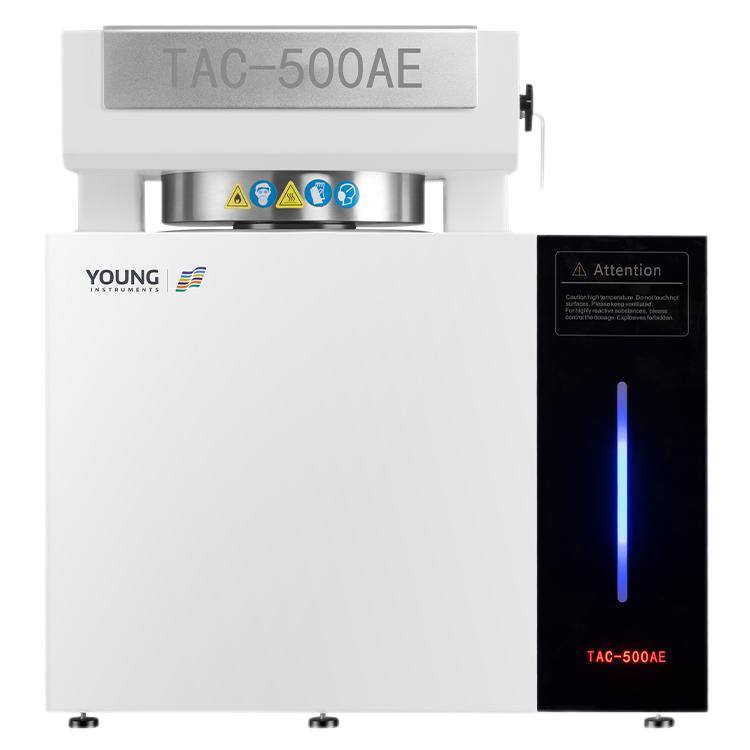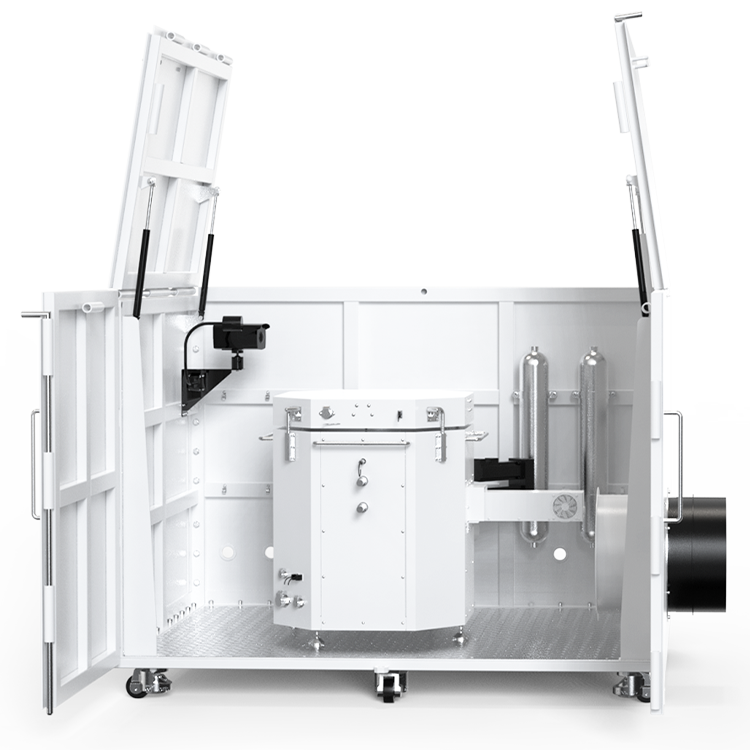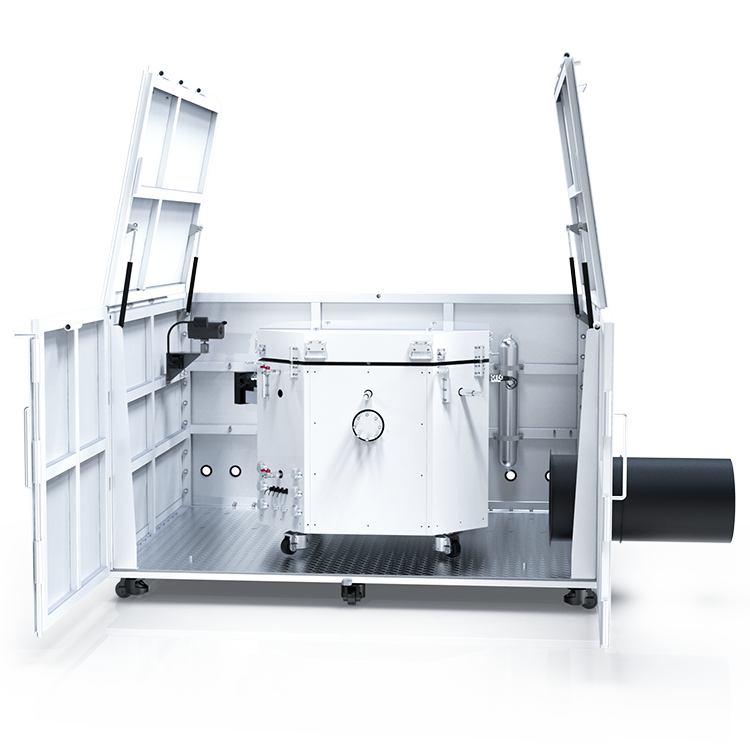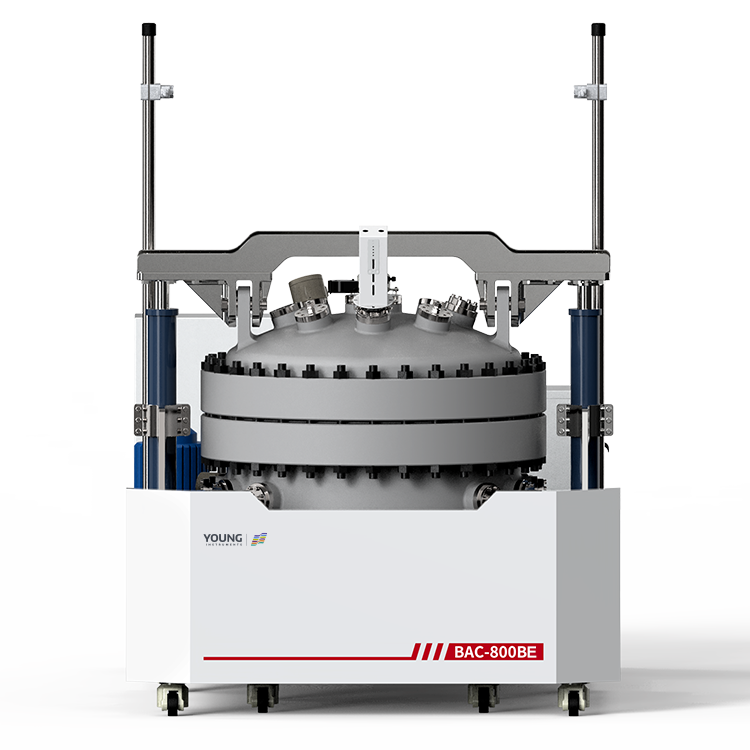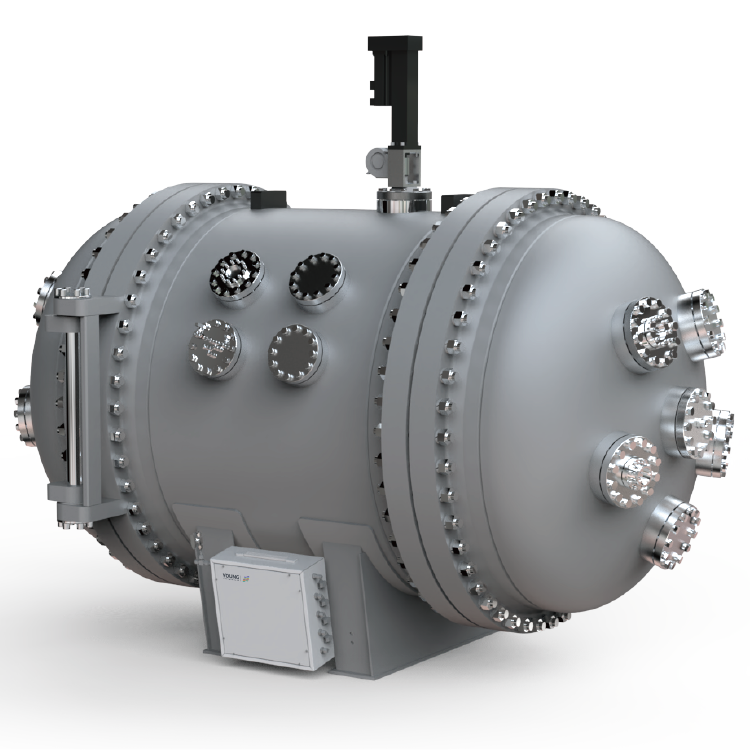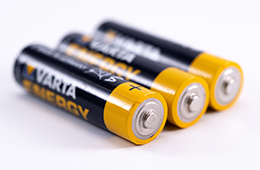Zeal Instruments participated in the 20th Shanghai International Thermal Insulation Material and Energy-saving Technology Exhibition
In the realm of material insulation and energy conservation, heat flow meters play a pivotal role in assessing the thermal conductivity of insulating materials. Zeal Instruments, a prominent manufacturer in this sector, recently showcased its latest innovation, the Heat Flow Meter HFM 510A, at the 20th Shanghai International Exhibition on Insulation Materials and Energy-Saving Technology. This event not only highlights the significance of thermal conductivity testing but also underscores the growing demand for advanced solutions in the field.
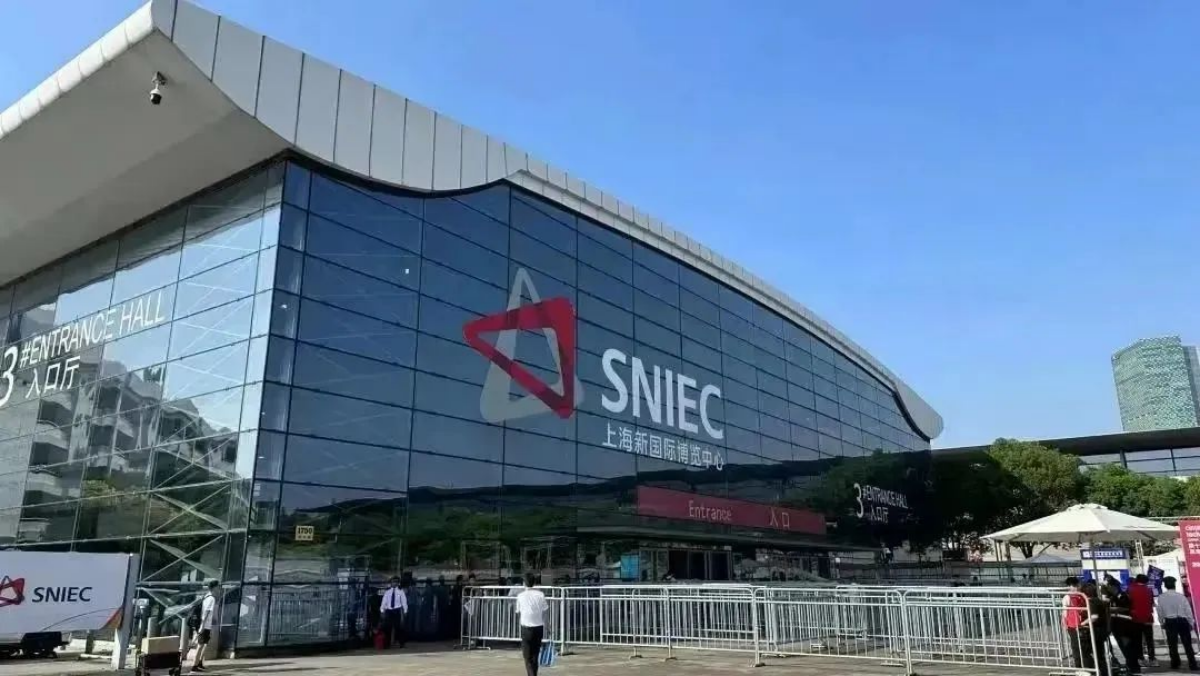
Market Status
The market for thermal conductivity testing equipment, including heat flow meters, has been witnessing steady growth. This is primarily attributed to the increasing emphasis on energy efficiency and sustainability across various industries. As regulations become more stringent and consumer awareness about energy conservation rises, there is a heightened need for accurate and reliable instruments to assess the thermal performance of insulation materials.
Despite the growing demand, several challenges persist in the field of thermal conductivity measurement. One of the primary obstacles is the need for high precision and repeatability in testing results. Achieving accurate measurements, especially for materials with varying compositions and structures, poses a significant challenge. Moreover, traditional testing methods may be time-consuming and labor-intensive, hindering the efficiency of the testing process.
Challenges and Solutions
Addressing the challenge of accuracy and repeatability in thermal conductivity measurement requires innovative solutions. Zeal Instruments’ Heat Flow Meter HFM 510A, showcased at the Shanghai exhibition, offers a compelling solution with its advanced features. By leveraging the steady-state heat flow method and incorporating dual heat flow sensors, this instrument delivers exceptional accuracy with a precision of ±(1-2)% and repeatability of 0.5%. Such precision is essential for ensuring compliance with industry standards and optimizing the performance of insulation materials.
Another significant challenge in thermal conductivity testing is the need for efficiency, particularly in high-throughput testing environments. The 15-minute rapid testing mode introduced in the Heat Flow Meter HFM 510A exemplifies Zeal Instruments’ commitment to addressing this challenge. By reducing testing time without compromising accuracy, this feature enables laboratories to enhance their throughput and meet demanding production schedules effectively. Additionally, the support for modular extensions such as low-temperature testing and thermal conductivity expansion modules further enhances the versatility of the instrument, catering to a wide range of testing requirements.
Automation and user-friendliness are paramount in overcoming the complexity associated with thermal conductivity testing. Zeal Instruments’ emphasis on automation is evident in its Heat Flow Meter HFM 510A, which incorporates five automated functions to streamline the testing process. These automation features not only simplify operations but also minimize the potential for human errors, ensuring consistent and reliable test results. Furthermore, the intuitive interface and user-friendly design make the instrument accessible to users with varying levels of expertise, empowering them to conduct thermal conductivity tests with confidence.
Revolutionizing Thermal Conductivity Testing with the Heat Flow Meter HFM 510A
Innovative Design for Enhanced Precision
The Heat Flow Meter HFM 510A boasts a plethora of features designed to streamline the testing process while ensuring unparalleled precision. Its highly automated system includes automatic lifting and lowering of the heating plate, load force testing, thickness measurement, temperature control, and furnace door operation. These features not only minimize human intervention but also eliminate potential sources of error, resulting in reliable and reproducible test results.
Rapid and Efficient Testing
Equipped with dual heat flow sensors and independent temperature control for the upper and lower plates, the HFM 510A enables rapid and efficient sample testing. This enhanced precision is essential for accurately assessing the thermal conductivity of a wide range of materials, including expanded polystyrene, mineral wool, foam glass, aerogel, and more. Moreover, external oil bath cooling and nitrogen gas purging ensure sample drying and low environmental sensitivity, further enhancing the reliability of test results.
Adaptive Measurement and Flexible Experimentation
One of the standout features of the HFM 510A is its adaptive measurement capability, allowing for the testing of uneven sample surfaces. Additionally, the instrument provides molds for particle sample preparation, minimizing sample preparation requirements and facilitating experimentation. The accompanying software offers thermal conductivity extension accessory modes and supports offline operation, providing users with maximum flexibility in experimental design and execution.
Conclusion
In conclusion, the market for thermal conductivity testing instruments is witnessing significant growth, driven by the increasing demand for energy-efficient and sustainable solutions. Manufacturers like Zeal Instruments are at the forefront of this evolution, offering innovative instruments such as the Heat Flow Meter HFM 510A to address the industry’s needs for precision, efficiency, and automation. By overcoming challenges and embracing future trends, the thermal conductivity testing industry is poised for continued advancement, contributing to the development of more sustainable and energy-efficient technologies.








